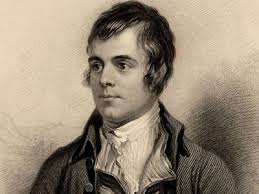The Abbey Walk

RoBERT HENRYSON, thc charming fabulist, Chaucer's aptest and brightest schoiar, aimost nothing is known. David Laing conjectures him to have been born about 1425, to have been educated at some foreign university, and to have died towards the ciosing years of the fifteenth century. It is certain that in 1462, being then * in Artibus Liceniiatus et in Decretis Bacchaiarius,' he was incorporated of the University of Glasgow; and that he was afterwards schooimaster in Dunferraline, and worked there as a notary-pubiic aiso.